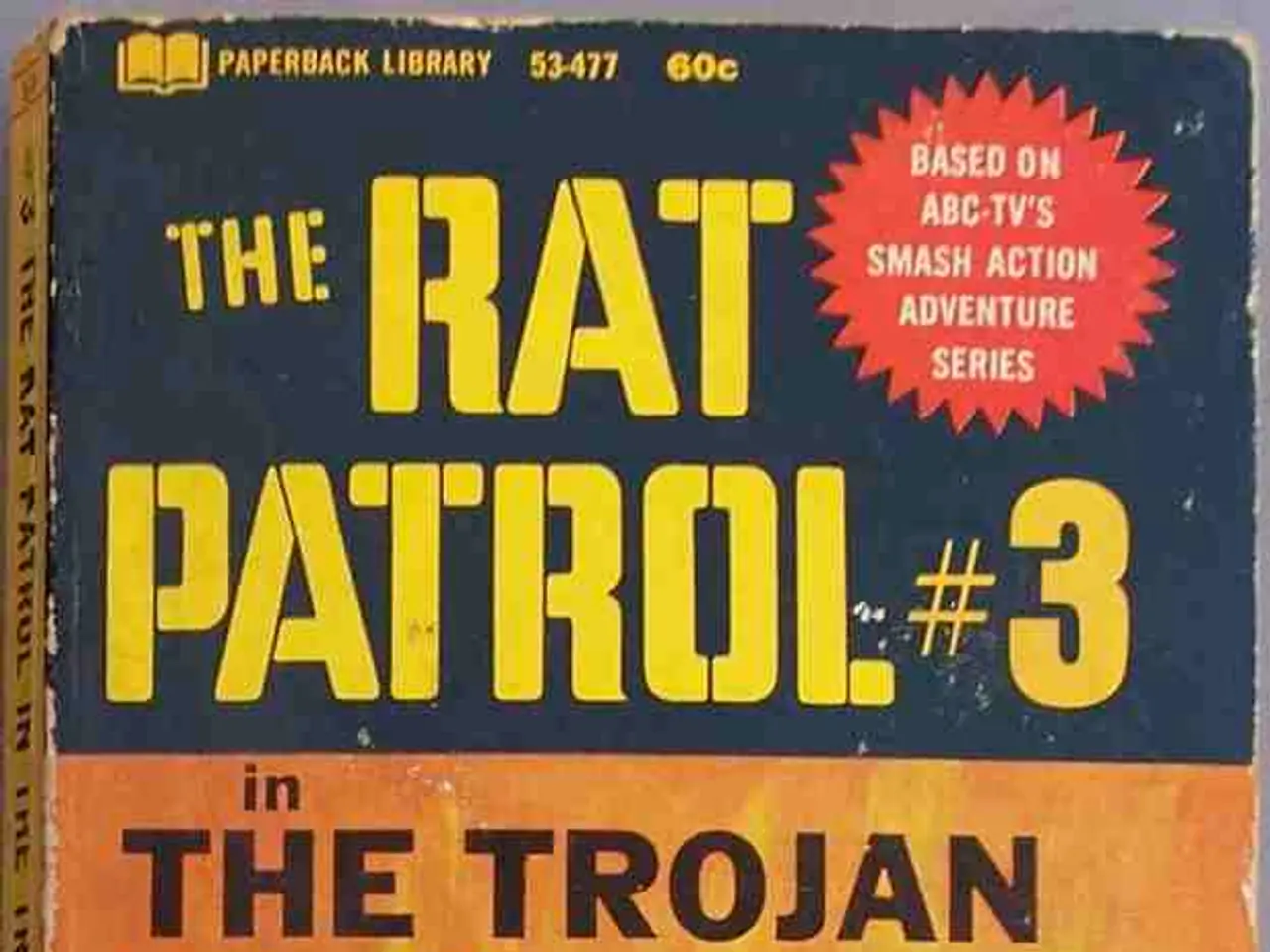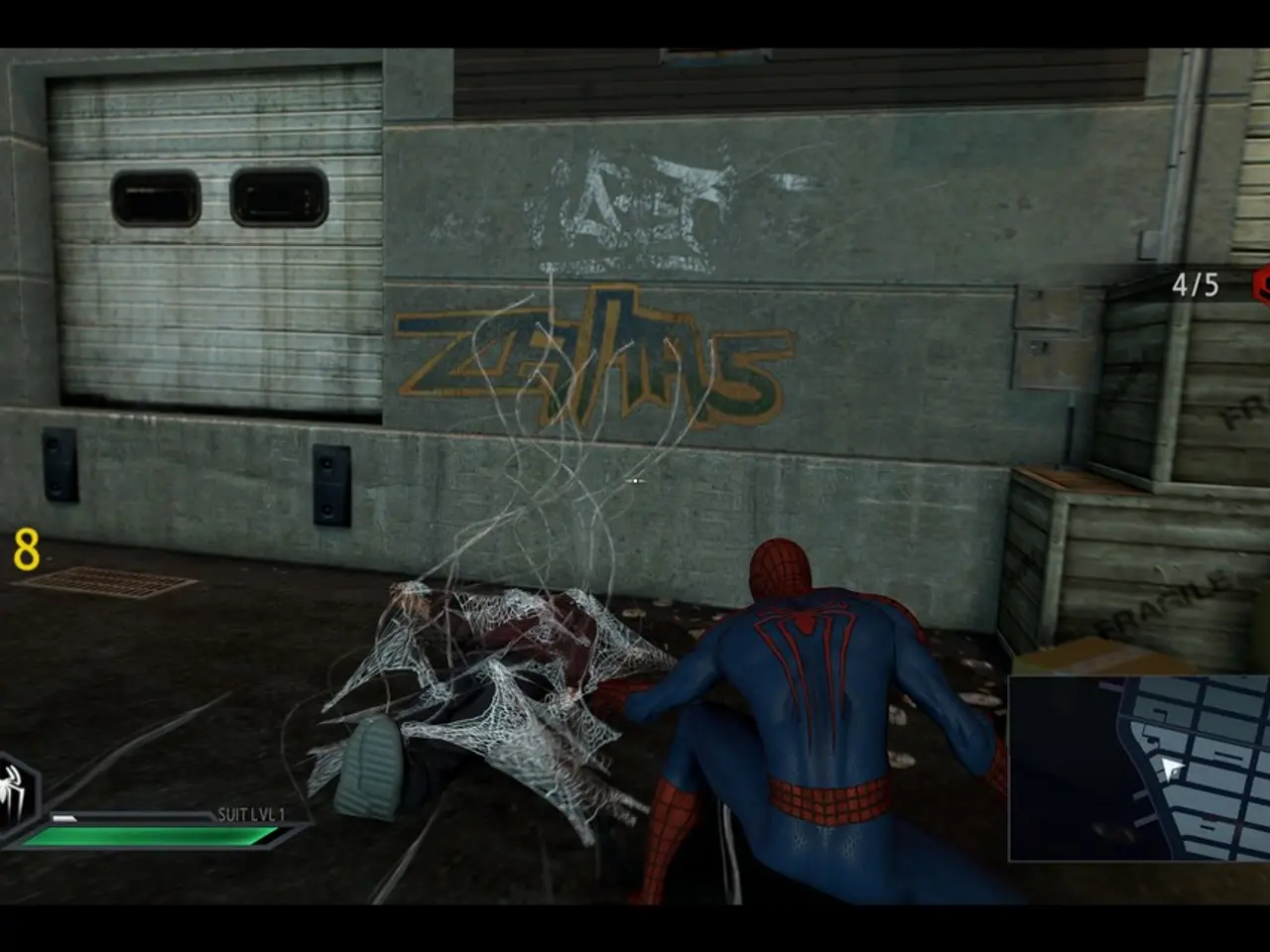Israeli Prime Minister Netanyahu plans to seize control of the Gaza Strip entirely.
Israel's reported plan for a full military takeover of the Gaza Strip has sparked concerns across the globe, with political, security, and humanitarian implications looming large.
The UN High Commissioner for Human Rights, Volker Türk, has condemned the plan and called for its immediate halt, emphasising that it violates international law and undermines the pursuit of a two-State solution and Palestinian self-determination.
Politically, the takeover risks further eroding the prospects for peace between Israelis and Palestinians. The move contradicts the International Court of Justice's ruling that Israel must end its occupation and facilitate Palestinian self-determination. This plan could escalate tensions, making coexistence and any negotiated settlement more difficult.
Security risks associated with the takeover are substantial. The UN rights chief warns that the takeover will lead to "more killing," "unbearable suffering," "senseless destruction," and potential atrocity crimes in an already shattered Gaza enclave. The conflict could intensify, destabilising the region further.
On the humanitarian front, the plan threatens severe consequences for Gaza's civilian population, already devastated by conflict. The UN urges Israel to allow "full, unfettered flow of humanitarian aid" instead of military escalation, highlighting the urgent need to protect civilian lives and infrastructure. Additionally, concerns are raised about the fate of hostages held by Palestinian groups and Palestinians detained by Israel, calling for their immediate and unconditional release.
The Israeli military currently controls around 75% of the Gaza Strip's area, and the removal of all Hamas tunnels and bunkers could take years, according to concerns of the military leadership regarding a full occupation. Meanwhile, the looting of aid shipments to Gaza is occurring amidst the chaos of the 22-month war, with the UN reporting that a majority of these shipments are being looted.
In Lebanon, one person was killed at the beginning of this week in an incident the Israeli military described as a "Hezbollah terrorist" attack. Israeli Prime Minister Benjamin Netanyahu is reportedly pushing for a full takeover of the Gaza Strip, but his former military spokesman, Peter Lerner, has criticised the decision, stating it is "political survival, disguised as national security." Lerner fears that the hostages are in greater danger with each passing day of the war and hopes that the chief of staff, Eyal Zamir, "has the courage to resist this absurd plan, which is not directed against Hamas. It is directed against Israel."
Amidst these concerns, a cabinet meeting has been scheduled in Lebanon to discuss the state's control of all weapons and the disarmament of Hezbollah. The looting of aid shipments could be peaceful or violent, according to the report, and Israeli soldiers are still stationed at five posts in the south of Lebanon.
Sources:
- UN High Commissioner for Human Rights
- International Court of Justice
- Lebanese Ministry of Health
- Israeli military
- Peter Lerner
- Cabinet meeting in Lebanon
The UN High Commissioner for Human Rights, Volker Türk, has urged for an immediate halt to Israel's reported plan for a full military takeover of the Gaza Strip, citing concerns about humanitarian implications and violations of international law.
Simultaneously, political tensions may escalate, as the takeover risks further eroding the prospects for peace between Israelis and Palestinians, a decision that contradicts the International Court of Justice's ruling for Israel's occupation end and facilitation of Palestinian self-determination.







